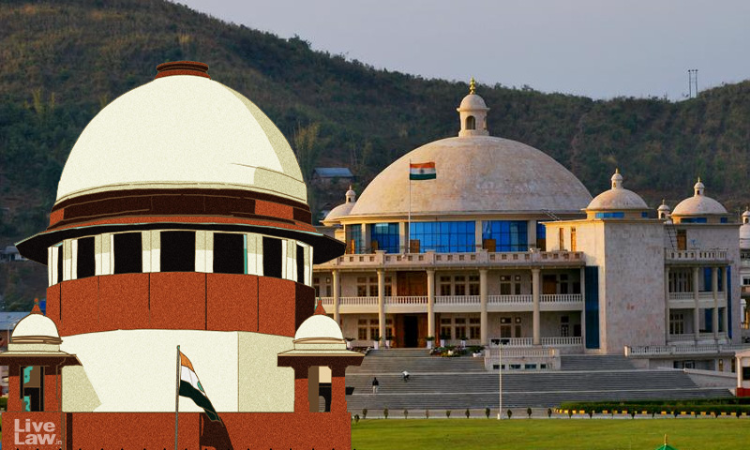Legislature Cannot Protect Actions Taken Under An Unconstitutional Law By Enacting A Saving Clause: Supreme Court
Shruti Kakkar
2 Feb 2022 9:38 AM IST

Next Story
2 Feb 2022 9:38 AM IST
The Supreme Court on Tuesday observed that legislature cannot infuse life into a legislation, which it itself recognised as unconstitutional, by enacting a saving clause. The bench of Justices LN Rao, BR Gavai and BV Nagarathna was considering special leave petitions challenging the Manipur High Court's order of striking down the Manipur Parliamentary Secretary (Appointment, Salary and...
